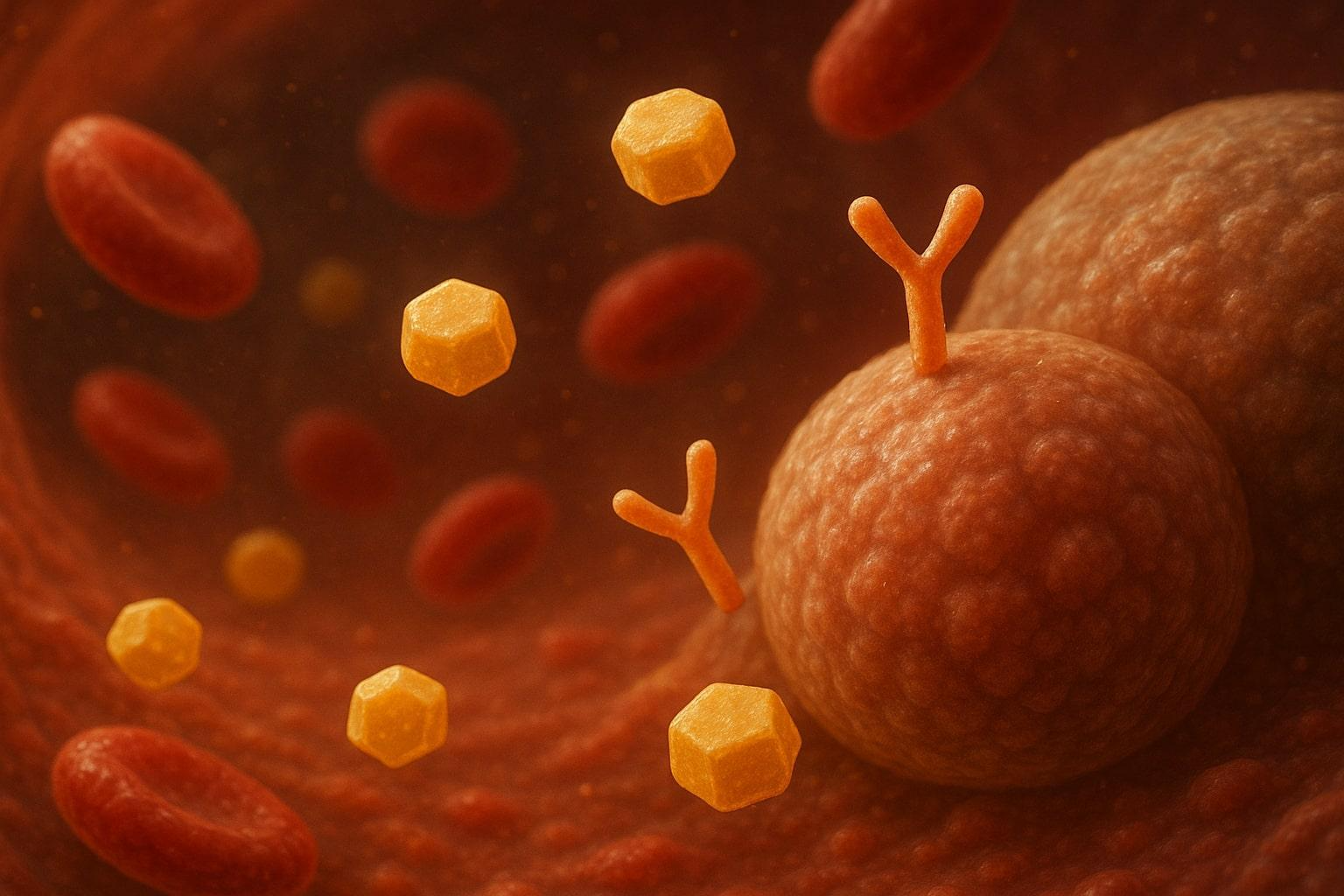
Glucose plays a central role in how the body fuels itself. It's the primary source of energy for cells, especially during periods of physical or mental activity. When glucose levels are well-managed, the body runs efficiently. Energy is steady, cravings are under control, and long-term health is easier to maintain. That balance, however, depends on a process known as glucose handling.
Glucose handling refers to how the body processes and regulates blood sugar. With rising interest in metabolic health, many are turning to lifestyle changes and support tools, including a C15 supplement. Before diving into any solution, it's important to understand what glucose handling actually is and why it matters.
Glucose handling is the body’s process for absorbing, distributing, using, and storing glucose, the simplest form of sugar derived from carbohydrates. This process involves several steps and key organs.
After food is digested, glucose enters the bloodstream. In response, the pancreas releases insulin, a hormone that helps move glucose into the cells where it’s used for energy or stored for future use. The liver and muscles store excess glucose in the form of glycogen, which can be broken down and released when the body needs it, such as during exercise or fasting.
Unlike the concept of blood sugar control, which focuses solely on keeping glucose levels stable, glucose handling is a broader term. It includes how sensitive cells are to insulin and how effectively they absorb and use glucose.
Efficient glucose handling is critical to metabolic health. When the body handles glucose well, energy levels are steady, and tissues get the fuel they need to function properly. However, when this system is impaired, problems can develop, even if blood sugar levels are only slightly elevated.
Poor glucose handling can contribute to weight gain, persistent fatigue, and a higher risk of developing conditions like insulin resistance or type 2 diabetes. Over time, imbalances in glucose processing can also affect cardiovascular health, hormonal balance, and inflammation levels throughout the body. Even in individuals without diabetes, optimizing glucose handling can support better mood, energy, and overall well-being.
Several factors influence how effectively the body handles glucose. Diet plays a major role; meals high in processed carbohydrates or added sugars can cause sharp spikes in blood sugar, making insulin work harder. In contrast, balanced meals with fiber, protein, and healthy fats support a more gradual glucose response.
Physical activity also impacts glucose handling. Exercise helps muscles absorb glucose more efficiently, improving insulin sensitivity even hours after a workout. Lack of movement, on the other hand, can lead to slower glucose uptake.
Sleep and stress are often overlooked, but they are equally important. Poor sleep and chronic stress can disrupt hormone levels, increasing insulin resistance over time. Lastly, genetics and age influence how the body processes glucose, with some people naturally predisposed to more efficient glucose metabolism than others.
Supporting glucose handling doesn’t require extreme measures. In most cases, a few consistent lifestyle habits can make a measurable difference. Choosing complex carbohydrates (such as whole grains, vegetables, and legumes) helps slow the release of glucose into the bloodstream. Pairing these with sources of protein or healthy fats enhances the effect.
Regular physical activity is another key component. Both strength training and cardio help the body use glucose more efficiently, especially when done consistently. Getting enough sleep and managing stress also help regulate hormones involved in blood sugar control.
For some, additional support tools may be useful, such as continuous glucose monitors or professional guidance from a dietitian. Supplements are also sometimes explored, though it’s important to evaluate those options carefully based on need, effectiveness, and safety.
The body often gives early clues when glucose handling isn’t working as it should. One common sign is frequent energy crashes, especially after meals. Intense sugar cravings can also point to instability in blood sugar levels. Other symptoms include persistent hunger, even shortly after eating, and difficulty maintaining or losing weight.
Some people also experience brain fog or have trouble concentrating during the day. These signs don’t always mean a serious issue is present, but they do suggest it may be worth taking a closer look at daily habits. If symptoms persist, consulting a healthcare professional can help determine whether further testing or intervention is needed.
Understanding glucose handling offers insight into how the body uses sugar and provides a foundation for better long-term health. With steady habits like balanced eating, regular exercise, quality sleep, and stress management, the body is better equipped to manage glucose efficiently.
While genetics and age play a role, most people have the ability to improve glucose handling through daily choices. Paying attention to symptoms and making thoughtful adjustments can lead to more stable energy, improved mood, and lower health risks, one step at a time.